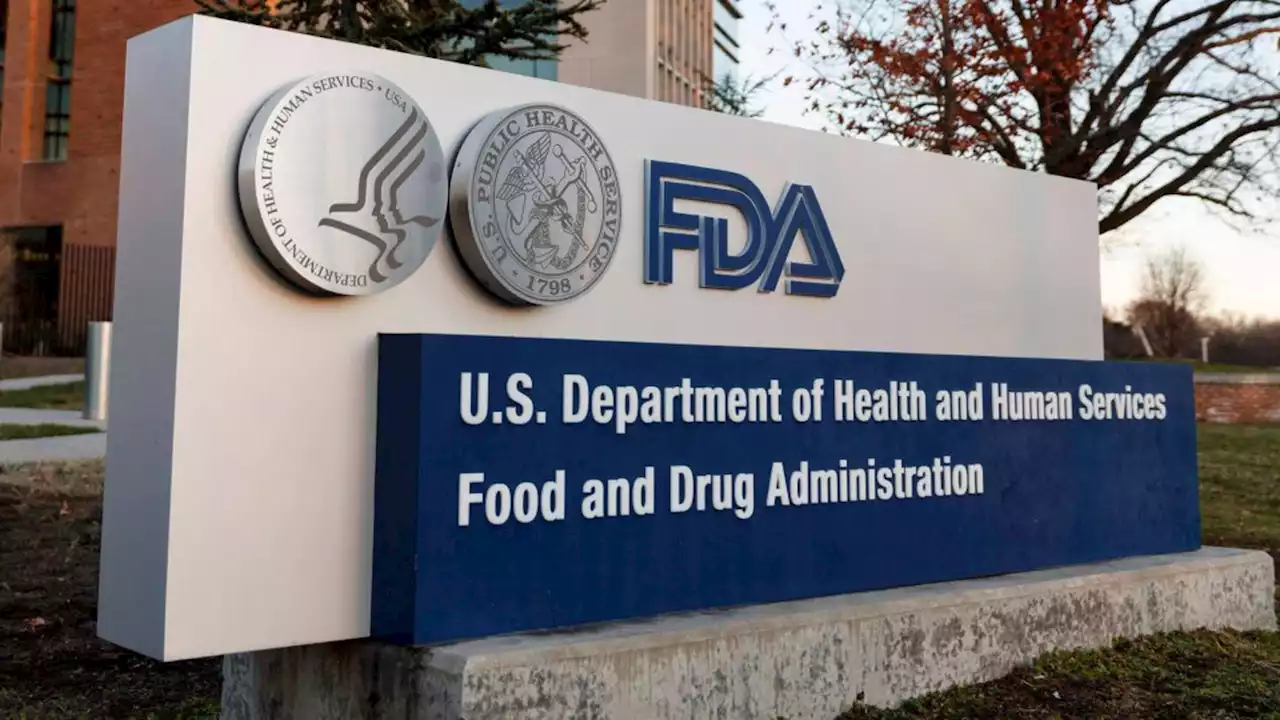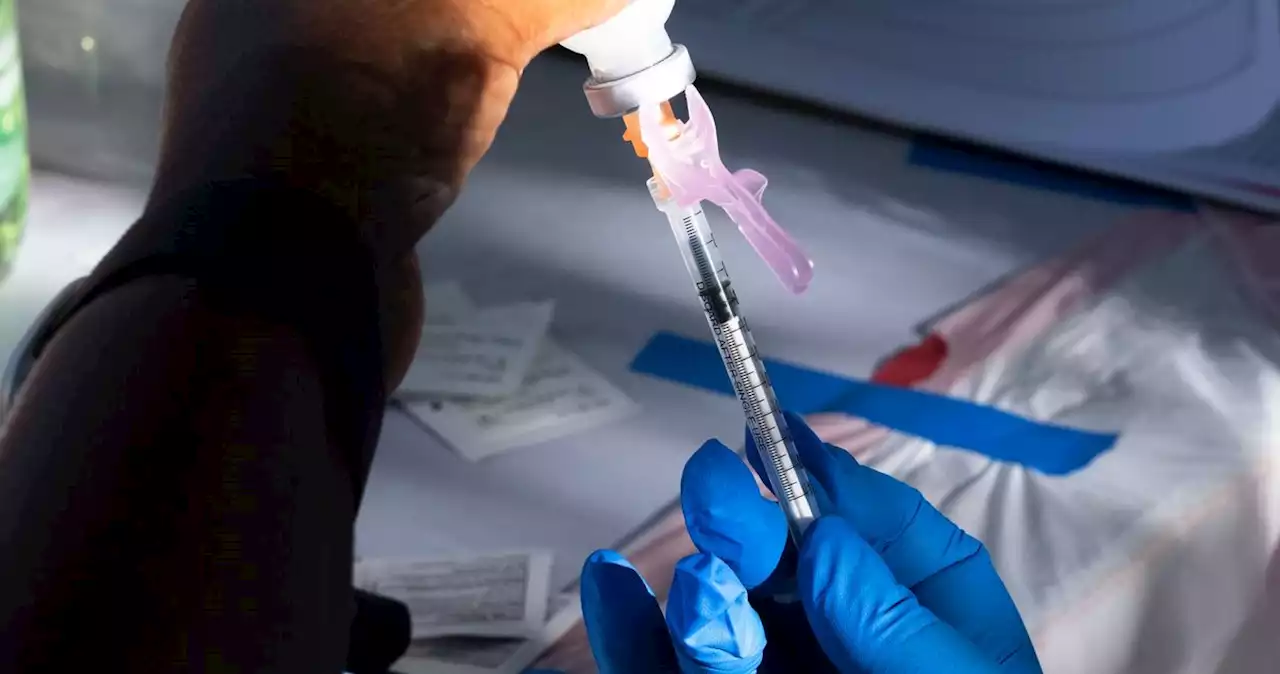The booster shot, also referred to as a “bivalent” booster, was redesigned in hopes it would more specifically target Omicron subvariants, now the dominant form of COVID in the U.S.
shot; it’s unclear how many are likely to opt into a second, particularly given widespread vaccine hesitancy, fewer COVID restrictions , and depleted federal funding.
Although Anthony Fauci, the head of the National Institute of Allergy and Infectious Diseases, has compared the COVID-booster redesign process to— which doesn’t require human testing in order to be updated — Offit disagrees. “We’ve been giving flu vaccines since the 1940s, so we have a lot more experience with flu vaccines,” he explains. Flu vaccines are also made with older, more familiar technology, while scientists are “still learning” how COVID immunity develops, he says.
The best-case scenario for the new booster shot, says Offit, is that people at higher risk boost their “neutralizing antibodies for three to six months.” But the size of that boost is unclear, and according to Offit, it’s unlikely to make a significant difference in people who are otherwise at low risk for serious disease.
These groups, says Offit, “can’t handle a mild illness well; therefore, when you get a booster dose, and you increase your neutralizing antibodies for three to six months, that may keep you out of the hospital.”
United States Latest News, United States Headlines
Similar News:You can also read news stories similar to this one that we have collected from other news sources.
 New COVID-19 booster targets Omicron strains; clinics open in Contra Costa Co.The boosters, recently approved by the FDA and CDC, are targeting hyper-infectious strains of the Omicron variant that caused COVID cases to surge over the summer.
New COVID-19 booster targets Omicron strains; clinics open in Contra Costa Co.The boosters, recently approved by the FDA and CDC, are targeting hyper-infectious strains of the Omicron variant that caused COVID cases to surge over the summer.
Read more »
 Congress hits home stretch renewing FDA user fee programsThe FDA could begin sending furlough notices to staff if lawmakers don't settle on a mechanism for reviewing prescription drugs, medical devices, generic drugs and biosimilars.
Congress hits home stretch renewing FDA user fee programsThe FDA could begin sending furlough notices to staff if lawmakers don't settle on a mechanism for reviewing prescription drugs, medical devices, generic drugs and biosimilars.
Read more »
 FDA warns of rare cases of cancers possibly linked to breast implantsWhile rare, the FDA is warning about certain cancers, including squamous cell carcinoma and various lymphomas, that may develop in scar tissue that forms around breast implants.
FDA warns of rare cases of cancers possibly linked to breast implantsWhile rare, the FDA is warning about certain cancers, including squamous cell carcinoma and various lymphomas, that may develop in scar tissue that forms around breast implants.
Read more »
 FDA Approves Oral TYK2 Inhibitor for Treating PsoriasisDeucravacitinib, an oral, selective tyrosine kinase 2 (TYK2) inhibitor, is the first drug in this class to be approved.
FDA Approves Oral TYK2 Inhibitor for Treating PsoriasisDeucravacitinib, an oral, selective tyrosine kinase 2 (TYK2) inhibitor, is the first drug in this class to be approved.
Read more »
 FDA warns that breast implants may be linked to additional cancersAs of Sept. 1, the FDA had received 10 reports about squamous cell carcinoma and 12 reports about various lymphomas.
FDA warns that breast implants may be linked to additional cancersAs of Sept. 1, the FDA had received 10 reports about squamous cell carcinoma and 12 reports about various lymphomas.
Read more »
 Additional types of cancer reported in people with breast implants, FDA saysThe U.S. Food and Drug Administration is alerting the public about certain cancers, including squamous cell carcinoma and various lymphomas, that have been reported in the scar tissue that forms around breast implants.
Additional types of cancer reported in people with breast implants, FDA saysThe U.S. Food and Drug Administration is alerting the public about certain cancers, including squamous cell carcinoma and various lymphomas, that have been reported in the scar tissue that forms around breast implants.
Read more »
